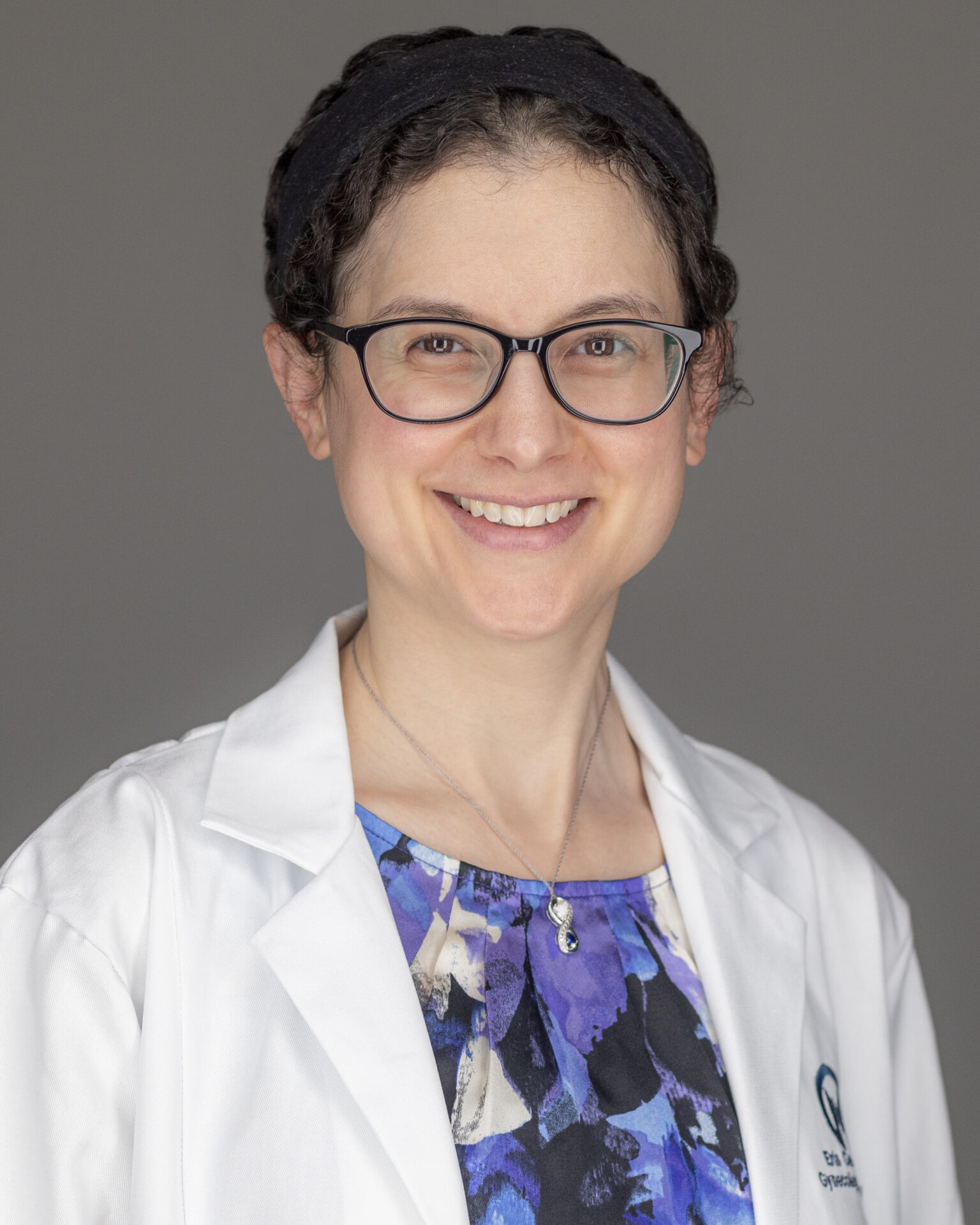
Erin George, MD
Evolutionarily informed therapies in recurrent ovarian cancer
2025 Early Career Investigator Grant
H. Lee Moffitt Cancer Center & Research Institute, Inc
Evolutionarily informed therapies in recurrent ovarian cancer
Project Summary
Ovarian cancer is an ecologically and evolutionarily dynamic system. Critical barriers to improving outcomes for these patients lies in our evolutionarily static treatment approaches and our lack of preclinical models that can recapitulate the complex biology of this disease. This project will model tumor adaption and evolution of resistance to promising targeted therapy combinations at the cellular and protein level in a unique, preclinical platform including microtumor explants and patient-derived xenografts. Finding will help generate a mathematical model to help predict an optimal sequence of therapeutic attacks to maximize chances for tumor extinction.
This grant was made possible in part by a generous donation in loving memory of Jennifer Lee.
Bio
Dr. Erin George is a physician-scientist and Assistant Member at Moffitt Cancer Center in the Department of Gynecologic Oncology with secondary appointment in the Departments of Bioengineering and Drug Discovery. She collaborates extensively with faculty in these departments as well as the Departments of Integrated Mathematical Oncology, Molecular Oncology, and Immunology to help address the complex biology of ovarian and endometrial cancer. She received her Medical Degree from Columbia University College of Physicians and Surgeons, New York. She completed a Residency in Obstetrics and Gynecology at New York Presbyterian Hospital – Columbia University and a Fellowship in Gynecologic Oncology at the Hospital of the University of Pennsylvania (Penn). Dr. George continued as a physician-scientist and Instructor and then Assistant Professor at Penn before joining the faculty at Moffitt Cancer Center in January 2023.
The overarching goal of the George lab is to identify novel targets and strategies to overcome drug resistance in ovarian and endometrial cancers. Dr. George is expanding a preclinical drug development platform developed from patient tumor collected at the time of surgery. This platform includes patient-derived microtumors grown in a 3D perfusion-enabled system and orthotopic patient-derived xenograft (PDX) models. Microtumor culture can be used for drug screens and mechanism studies and PDXs can be expanded for preclinical trials validating the efficacy of treatment strategies. These models will facilitate the translation of new treatment options from bench to bedside. The ultimate goal of the lab is to bring therapeutic strategies with strong preclinical evidence to patients via phase I/II clinical trials.